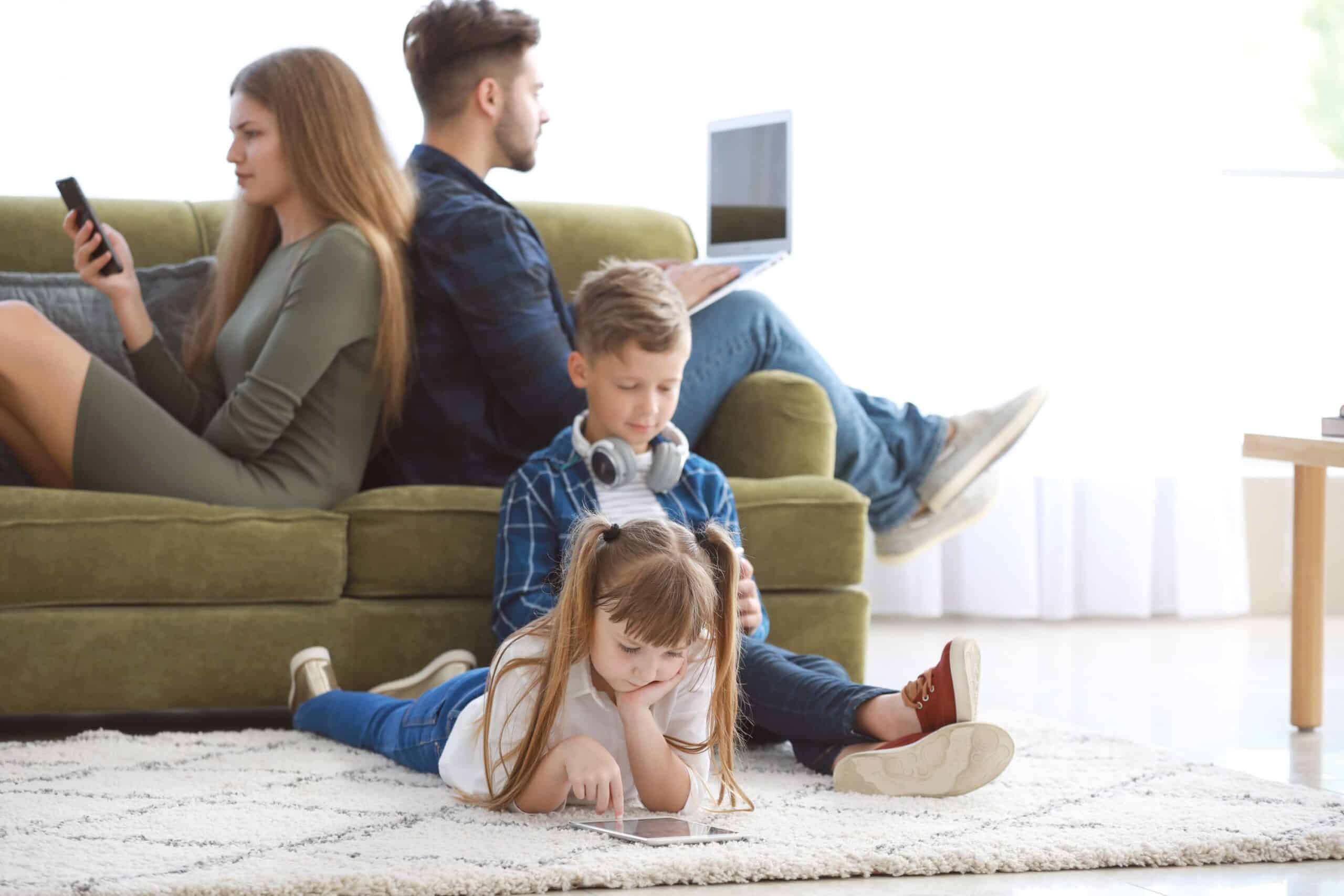The Epidemic of Screen Time
According to a recent study conducted by Common Sense Media, children between 8 and 12 years old spend an average of 4.5 hours each day in front of screens—nearly double the amount from just a decade ago. Similarly, a survey by the American Academy of Pediatrics discovered that, on average, teens spend an astonishing nine hours daily on screens. These statistics highlight the need for parents to take action and prioritize quality family time away from screens.
The Negative Effects of Excessive Screen Time
Research has shown that increased screen time can lead to various negative consequences for children and parents. For children, excessive screen time has been linked to sleep disturbances, shorter attention spans, increased aggression, decreased academic performance, and even mental health issues such as anxiety and depression. On the other hand, parents who spend too much time on screens often report feeling more stressed, disconnected, and less engaged in their parenting responsibilities.
Benefits of Unplugging
When families unplug and set boundaries around screen time, numerous positive outcomes can be observed. Firstly, families can spend more time together, engaging in activities that foster connection, communication, and emotional well-being. Unplugging allows parents to be fully present and available for their children, promoting more robust relationships and a deeper understanding of each other. Moreover, reduced screen time has been shown to positively impact children’s mental and physical health, improving academic performance and overall happiness.
Practical Tips for Implementing Unplugged Parenting
- Set clear boundaries: Establish specific times when screens are not allowed, such as mealtimes, before bed, or during family outings.
- Model healthy screen use: Be a positive role model by limiting your own screen time and actively participating in screen-free activities.
- Encourage alternative activities: Encourage your family to engage in activities that promote creativity, physical exercise, meditation, and face-to-face interactions, such as board games, outdoor play, or reading.
- Create technology-free zones: Designate certain house areas, such as bedrooms or dining areas, as screen-free zones to encourage offline interactions.
- Plan family outings: Plan regular outings or family trips where screens are left at home or used minimally, allowing for focused family time and bonding.
- Be mindful: Have a healthy parent-child relationship to discipline your kids effortlessly.
Conclusion
Parenting unplugged is a powerful approach that allows families to reduce stress, foster stronger relationships, and create a happier home environment. By implementing practical strategies to limit screen time, families can emphasize quality time, promote mental and physical well-being, and nurture more profound connections. Taking the proactive step towards reducing screen time can lead to an improved family dynamic and a more balanced and joyful life for both children and parents.




